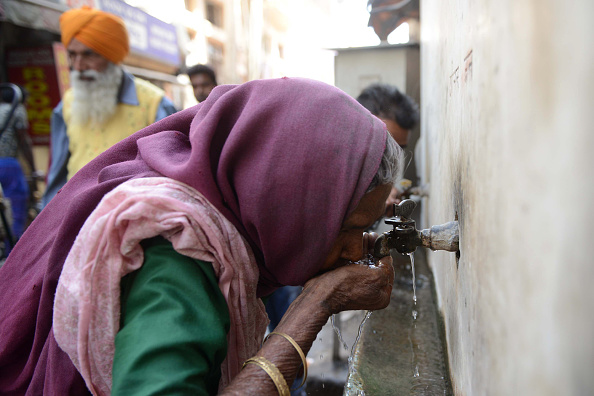Access to safe and clean drinking water is a basic human right, whether rich or poor, rural or urban. However, as the world’s cities grow, it is becoming harder to guarantee this for urban populations, an international urban health expert has stressed.
World Health Organization (WHO) technical officer Megumi Kano says access to safe water and proper sanitation is essential for the development of urban areas.
The WHO predicts the world’s urban population will double in the next 40 years, putting greater strain on growing cities where public service expansion cannot keep-up with population growth. However, the problem is more complex than just developing infrastructure.
Co-writer of the Global Report on Urban Health; Equitable, Healthier Cities for Sustainable Development, Kano reveals there are significant challenges in maintaining safe and clean drinking water and sanitation.

While global development aid efforts primarily focus on rural areas, urban areas are shown to have the poorest people.
“The disparities,” said Kano, “the inequalities in access, in accessing good quality water, and sanitation services, there is always deprived neighborhoods that just don’t get the kind of services they deserve.”
Need For Innovation
Kano also said there is demand for technological innovations in waste reduction and disposal. Reducing and recycling is one side of the equation. While the hardware and physical environment infrastructure is key, human behavior is also important. Issues should not be dealt with in isolation but looked at as a whole, and take a comprehensive and all-inclusive approach, she added.
“Part of the problem is they may have infrastructure,” said Kano, “but these infrastructure[s] take a lot of intensive maintenance.”
And the problem isn’t limited to underdeveloped countries either, as proven by recent examples in the United States. In Examples such as Flint, Michigan, pipes were leaching lead into the town’s water supply, and in Wake County, North Carolina, thousands of wells are being tested for potentially unsafe levels of uranium and radium.
“This is a problem that is affecting not just lower middle income countries,” said Kano, “but high income countries as well.”


